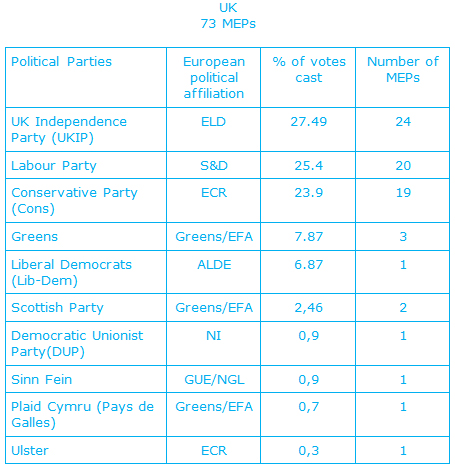Elections in Europe
Corinne Deloy,
Pascale Joannin
-

Available versions :
EN

Corinne Deloy

Pascale Joannin
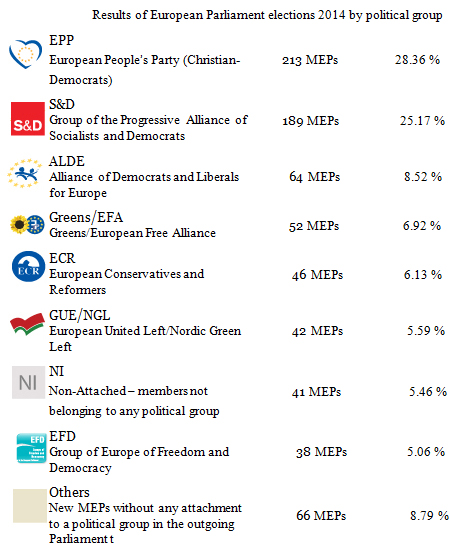 Any political group has to comprise 25 MEPs from at least 7 Member States.
Any political group has to comprise 25 MEPs from at least 7 Member States.
For the first time in European election history turnout was slightly up. It totalled 43.09%, i.e. +0.9 points in comparison with the election on 4th-7th June 2009. It was clearly up in Lithuania (where the second round of the presidential election took place), in Sweden, Romania, Greece (where local elections were taking place). Turnout was clearly down however in Slovenia, Hungary, Latvia, Cyprus, Czech Republic and in Slovakia where it was the lowest at 13%.
The right won in 17 Member States: Germany, Austria, Belgium, Bulgaria, Cyprus, Croatia, Spain, Estonia, Finland, Hungary, Latvia, Luxembourg, the Netherlands, Poland, Czech Republic, Romania and Slovenia. The left won in 6 countries: Italy, Lithuania, Malta, Portugal, Slovakia and Sweden. Independent candidates took the lead in Ireland.
Finally in 4 Member States the European election was dominated by the populist forces: the People's Party (DF) in Denmark, the Front National (FN) in France, the Radical Left Coalition (SYRIZA) in Greece and the UK Independence Party (UKIP) in the UK.
A sharp rise in populist support was seen in several other countries: in Germany, in Austria, Belgium, Spain, Finland, Hungary, Italy and Sweden. They declined however in the Netherlands and Romania.
Although the victory on the part of the Front National in France is impressive it is not guaranteed however that it will be able to form a group in the European Parliament. To do this a minimum of 25 MEPs from at least one quarter of the Member States (7) is necessary.
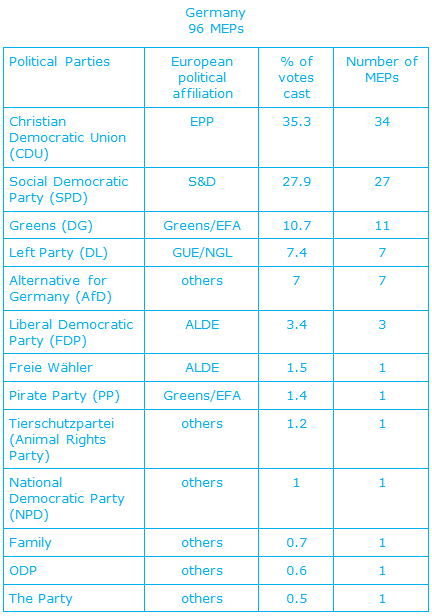 http://www.resultats-elections2014.eu/fr/...
http://elections-europeennes.robert-schuman.eu/en/fiche/allemagne/
http://www.resultats-elections2014.eu/fr/...
http://elections-europeennes.robert-schuman.eu/en/fiche/allemagne/
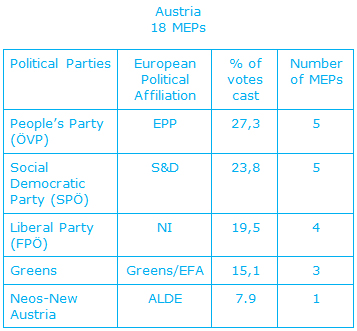 http://www.resultats-elections2014.eu/fr/country-results-at-2014.html
http://elections-europeennes.robert-schuman.eu/en/fiche/autriche/
http://www.resultats-elections2014.eu/fr/country-results-at-2014.html
http://elections-europeennes.robert-schuman.eu/en/fiche/autriche/
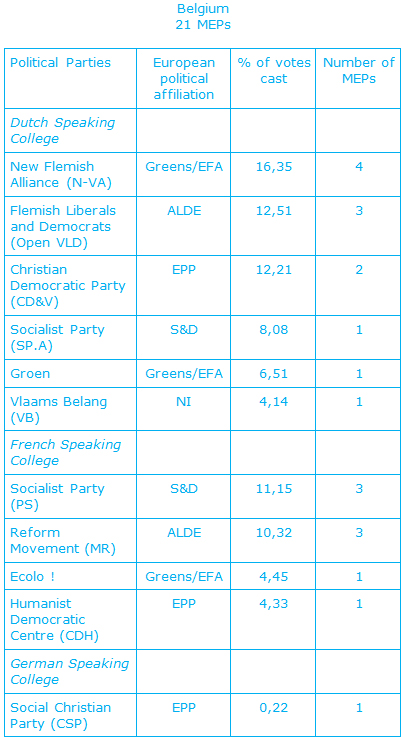 http://www.resultats-elections2014.eu/fr/country-results-be-2014.html
http://elections-europeennes.robert-schuman.eu/en/fiche/belgique/
http://www.resultats-elections2014.eu/fr/country-results-be-2014.html
http://elections-europeennes.robert-schuman.eu/en/fiche/belgique/
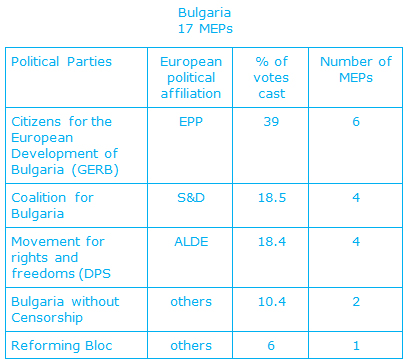 http://www.resultats-elections2014.eu/fr/country-results-bg-2014.html
http://elections-europeennes.robert-schuman.eu/en/fiche/bulgarie/
http://www.resultats-elections2014.eu/fr/country-results-bg-2014.html
http://elections-europeennes.robert-schuman.eu/en/fiche/bulgarie/
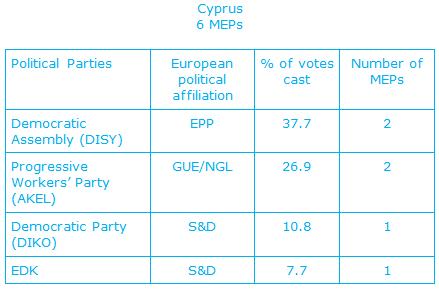 http://www.resultats-elections2014.eu/fr/country-results-cy-2014.html
http://elections-europeennes.robert-schuman.eu/en/fiche/chypre/
http://www.resultats-elections2014.eu/fr/country-results-cy-2014.html
http://elections-europeennes.robert-schuman.eu/en/fiche/chypre/
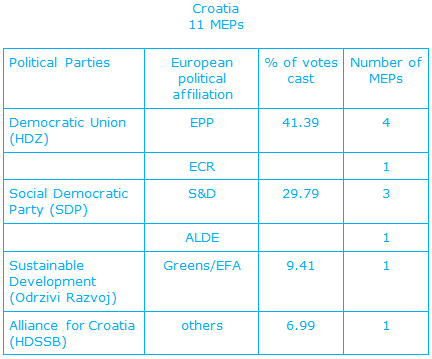 http://www.resultats-elections2014.eu/fr/country-results-hr-2014.html
http://elections-europeennes.robert-schuman.eu/en/fiche/croatie/
http://www.resultats-elections2014.eu/fr/country-results-hr-2014.html
http://elections-europeennes.robert-schuman.eu/en/fiche/croatie/
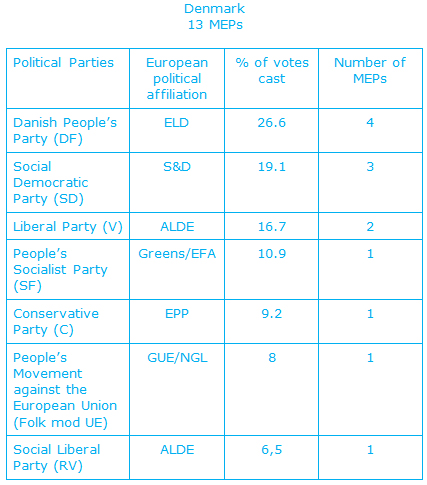 http://www.resultats-elections2014.eu/fr/country-results-dk-2014.html
http://elections-europeennes.robert-schuman.eu/en/fiche/danemark/
http://www.resultats-elections2014.eu/fr/country-results-dk-2014.html
http://elections-europeennes.robert-schuman.eu/en/fiche/danemark/
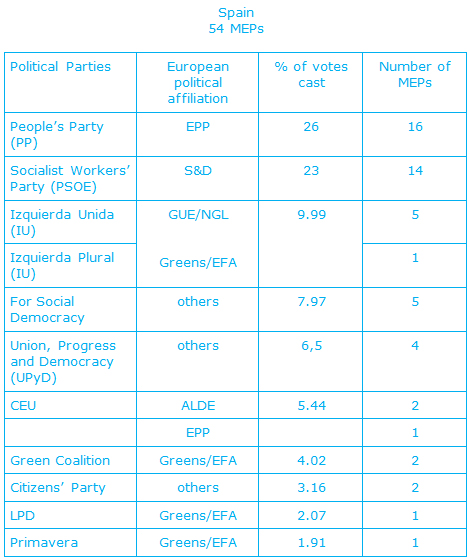 http://www.resultats-elections2014.eu/fr/country-results-es-2014.html
http://elections-europeennes.robert-schuman.eu/en/fiche/espagne/
http://www.resultats-elections2014.eu/fr/country-results-es-2014.html
http://elections-europeennes.robert-schuman.eu/en/fiche/espagne/
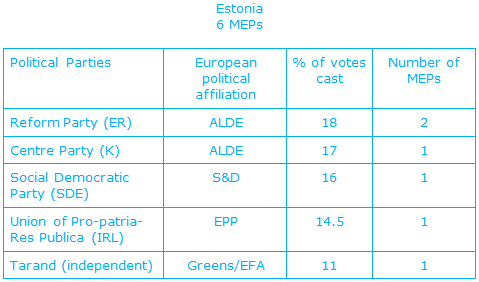 http://www.resultats-elections2014.eu/fr/country-results-ee-2014.html
http://elections-europeennes.robert-schuman.eu/en/fiche/estonie/
http://www.resultats-elections2014.eu/fr/country-results-ee-2014.html
http://elections-europeennes.robert-schuman.eu/en/fiche/estonie/
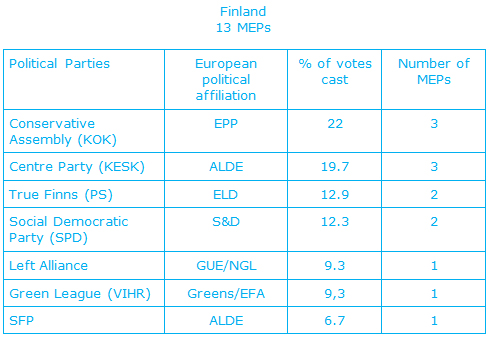 http://www.resultats-elections2014.eu/fr/country-results-fi-2014.html
http://elections-europeennes.robert-schuman.eu/en/fiche/finlande/
http://www.resultats-elections2014.eu/fr/country-results-fi-2014.html
http://elections-europeennes.robert-schuman.eu/en/fiche/finlande/
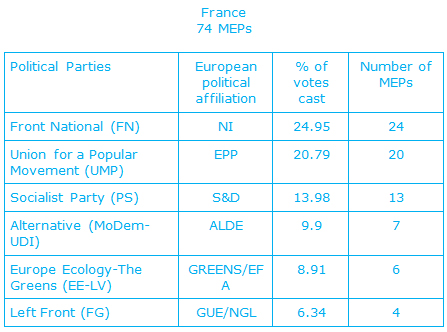 http://www.resultats-elections2014.eu/fr/country-results-fr-2014.html
http://elections-europeennes.robert-schuman.eu/en/fiche/france/
http://www.resultats-elections2014.eu/fr/country-results-fr-2014.html
http://elections-europeennes.robert-schuman.eu/en/fiche/france/
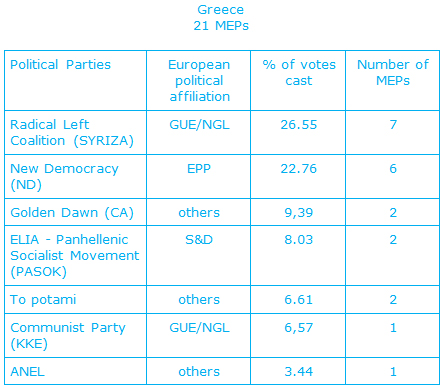 http://www.resultats-elections2014.eu/fr/country-results-el-2014.html
http://elections-europeennes.robert-schuman.eu/en/fiche/grece/
http://www.resultats-elections2014.eu/fr/country-results-el-2014.html
http://elections-europeennes.robert-schuman.eu/en/fiche/grece/
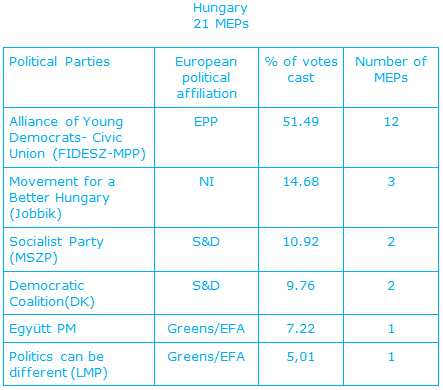 http://www.resultats-elections2014.eu/fr/country-results-hu-2014.html
http://elections-europeennes.robert-schuman.eu/en/fiche/hongrie/
http://www.resultats-elections2014.eu/fr/country-results-hu-2014.html
http://elections-europeennes.robert-schuman.eu/en/fiche/hongrie/
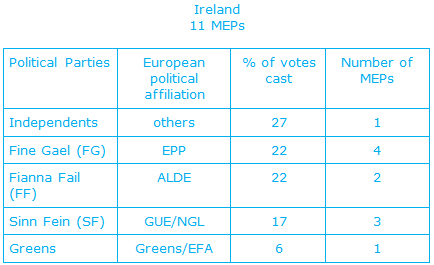 http://www.resultats-elections2014.eu/fr/country-results-ie-2014.html
http://elections-europeennes.robert-schuman.eu/en/fiche/irlande/
http://www.resultats-elections2014.eu/fr/country-results-ie-2014.html
http://elections-europeennes.robert-schuman.eu/en/fiche/irlande/
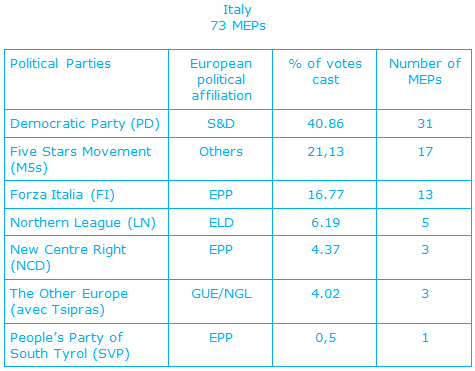 http://www.resultats-elections2014.eu/fr/country-results-it-2014.html
http://elections-europeennes.robert-schuman.eu/en/fiche/italie/
http://www.resultats-elections2014.eu/fr/country-results-it-2014.html
http://elections-europeennes.robert-schuman.eu/en/fiche/italie/
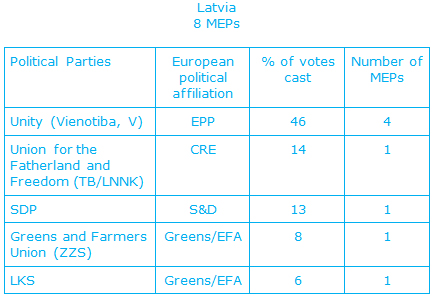 http://www.resultats-elections2014.eu/fr/country-results-lv-2014.html
http://elections-europeennes.robert-schuman.eu/en/fiche/lettonie/
http://www.resultats-elections2014.eu/fr/country-results-lv-2014.html
http://elections-europeennes.robert-schuman.eu/en/fiche/lettonie/
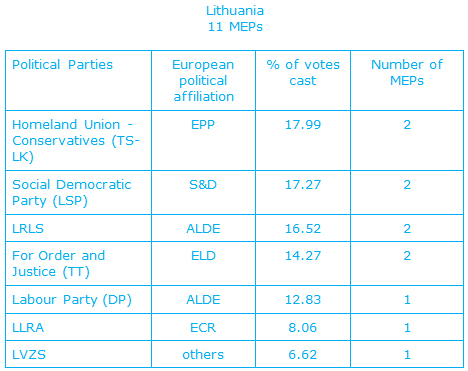 http://www.resultats-elections2014.eu/fr/country-results-lt-2014.html
http://elections-europeennes.robert-schuman.eu/en/fiche/lituanie/
http://www.resultats-elections2014.eu/fr/country-results-lt-2014.html
http://elections-europeennes.robert-schuman.eu/en/fiche/lituanie/
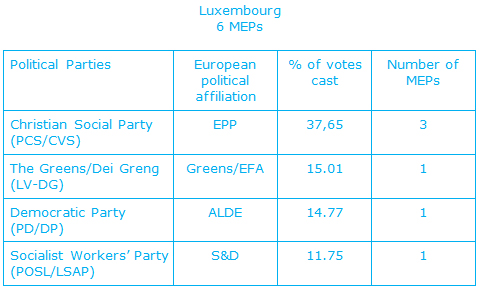 http://www.resultats-elections2014.eu/fr/country-results-lu-2014.html
http://elections-europeennes.robert-schuman.eu/en/fiche/luxembourg/
http://www.resultats-elections2014.eu/fr/country-results-lu-2014.html
http://elections-europeennes.robert-schuman.eu/en/fiche/luxembourg/
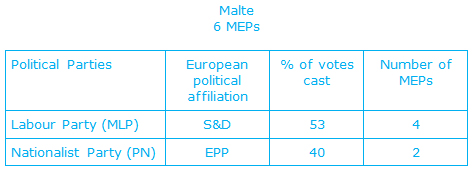 http://www.resultats-elections2014.eu/fr/country-results-mt-2014.html
http://elections-europeennes.robert-schuman.eu/en/fiche/malte/
http://www.resultats-elections2014.eu/fr/country-results-mt-2014.html
http://elections-europeennes.robert-schuman.eu/en/fiche/malte/
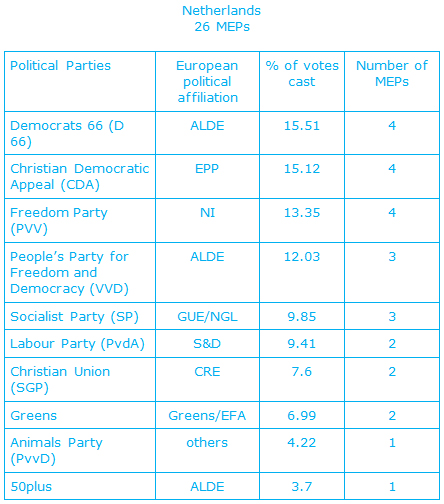 http://www.resultats-elections2014.eu/fr/country-results-nl-2014.html
http://elections-europeennes.robert-schuman.eu/en/fiche/pays-bas/
http://www.resultats-elections2014.eu/fr/country-results-nl-2014.html
http://elections-europeennes.robert-schuman.eu/en/fiche/pays-bas/
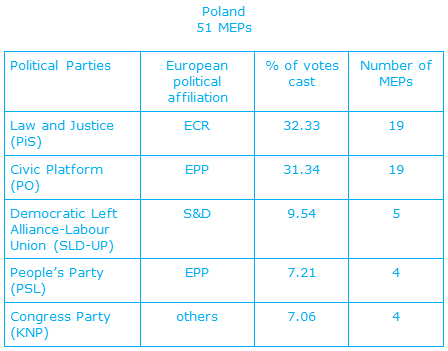 http://www.resultats-elections2014.eu/fr/country-results-pl-2014.html
http://elections-europeennes.robert-schuman.eu/en/fiche/pologne/
http://www.resultats-elections2014.eu/fr/country-results-pl-2014.html
http://elections-europeennes.robert-schuman.eu/en/fiche/pologne/
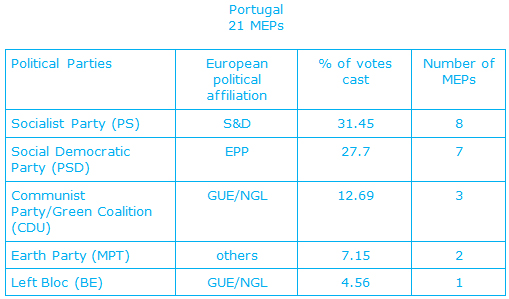 http://www.resultats-elections2014.eu/fr/country-results-pt-2014.html
http://elections-europeennes.robert-schuman.eu/en/fiche/portugal/
http://www.resultats-elections2014.eu/fr/country-results-pt-2014.html
http://elections-europeennes.robert-schuman.eu/en/fiche/portugal/
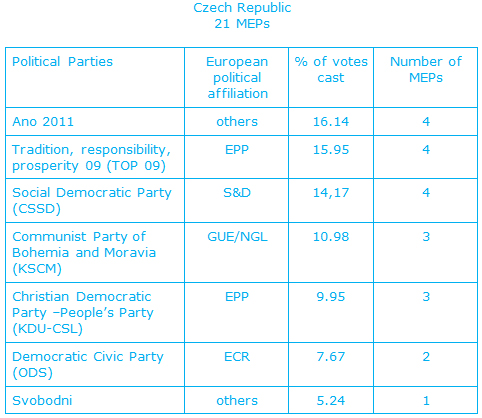 http://www.resultats-elections2014.eu/fr/country-results-cz-2014.html
http://elections-europeennes.robert-schuman.eu/en/fiche/republique-tcheque/
http://www.resultats-elections2014.eu/fr/country-results-cz-2014.html
http://elections-europeennes.robert-schuman.eu/en/fiche/republique-tcheque/
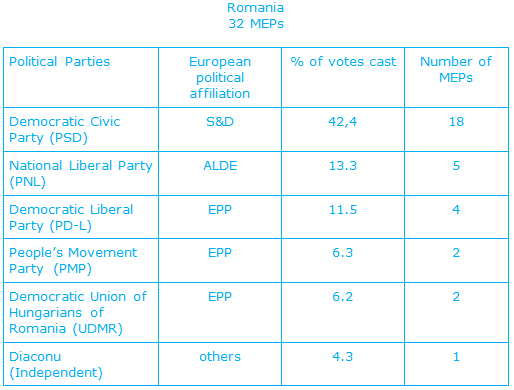 http://www.resultats-elections2014.eu/fr/country-results-ro-2014.html
http://elections-europeennes.robert-schuman.eu/en/fiche/roumanie/
http://www.resultats-elections2014.eu/fr/country-results-ro-2014.html
http://elections-europeennes.robert-schuman.eu/en/fiche/roumanie/
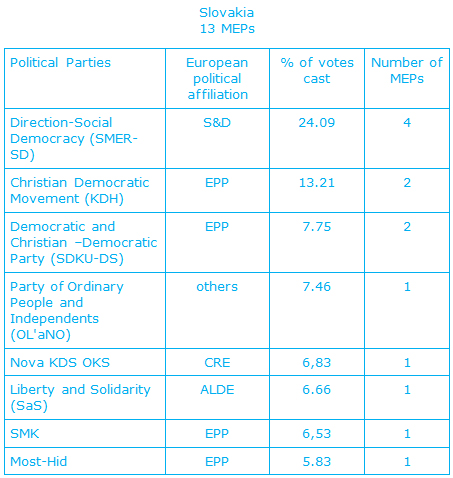 http://www.resultats-elections2014.eu/fr/country-results-sk-2014.html
http://elections-europeennes.robert-schuman.eu/en/fiche/slovaquie/
http://www.resultats-elections2014.eu/fr/country-results-sk-2014.html
http://elections-europeennes.robert-schuman.eu/en/fiche/slovaquie/
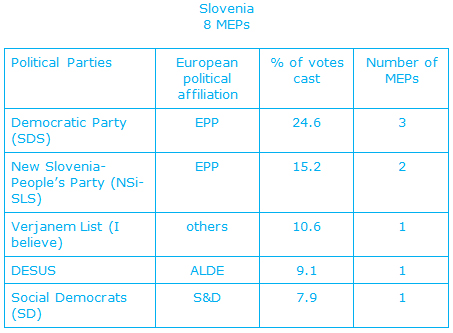 http://www.resultats-elections2014.eu/fr/country-results-si-2014.html
http://elections-europeennes.robert-schuman.eu/en/fiche/slovenie/
http://www.resultats-elections2014.eu/fr/country-results-si-2014.html
http://elections-europeennes.robert-schuman.eu/en/fiche/slovenie/
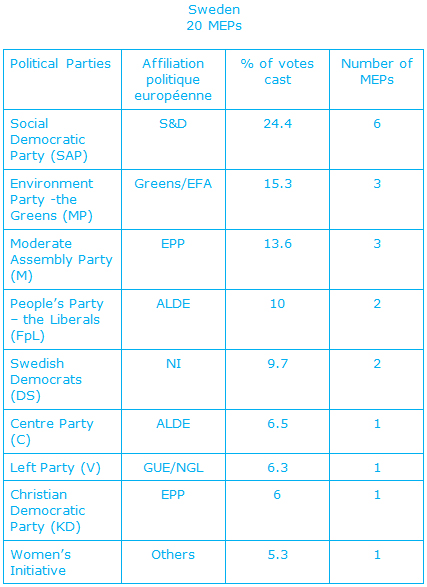 http://www.resultats-elections2014.eu/fr/country-results-se-2014.html
http://elections-europeennes.robert-schuman.eu/en/fiche/suede/
http://www.resultats-elections2014.eu/fr/country-results-se-2014.html
http://elections-europeennes.robert-schuman.eu/en/fiche/suede/
Which president for the European Commission?
Former Luxembourg Prime Minister (1995-2013) and former President of the Eurogroup (2005-2013), Jean-Claude Juncker (Social Christian Party, PCS/CVS), head of the EPP's list may therefore succeed José Manuel Barroso and become the next President of the European Commission. "The European People's Party (EPP) is winning the European elections. It therefore claims the presidency of the European Commission," wrote Jean-Claude Juncker on his Twitter account immediately after the announcement of the first results.
"The time has come to rally and define the Union's future (...) we should stand together as Europeans - this is vital for Europe to shape a global order within which we can defend our values and our interests (...) It is very important that the political forces represented in the Commission have won again. They are indeed those with the most representatives in the new Parliament. The results show that it is possible to have a very strong majority which functions," declared the President of the European Commission José Manuel Barroso.
In many countries the results of the European elections on 22nd-25th May have triggered an appeal for help and led to a cry of anger on the part of many populations who believe that Europe is not doing what it is supposed to do. This appeal, this cry have to be heeded. Europe is experiencing a deep crisis. It is vital that the ascension of the populists and eurosceptics in the European Parliament force all of the pro-European politicians to assume what they say, likewise their positions, to draw up realistic, constructive proposals - a project for the future of the Union as well as suggesting improvements to the way the Union is run to take European governance forward.
[1] http://www.resultats-elections2014.eu/fr/election-results-2014.html
Publishing Director : Pascale Joannin
To go further
Future and outlook
Veronica Anghel
—
24 February 2026
Agriculture
Bernard Bourget
—
17 February 2026
European Identities
Patrice Cardot
—
10 February 2026
The EU and Globalisation
Olena Oliinyk
—
3 February 2026

The Letter
Schuman
European news of the week
Unique in its genre, with its 200,000 subscribers and its editions in 6 languages (French, English, German, Spanish, Polish and Ukrainian), it has brought to you, for 15 years, a summary of European news, more needed now than ever
Versions :

